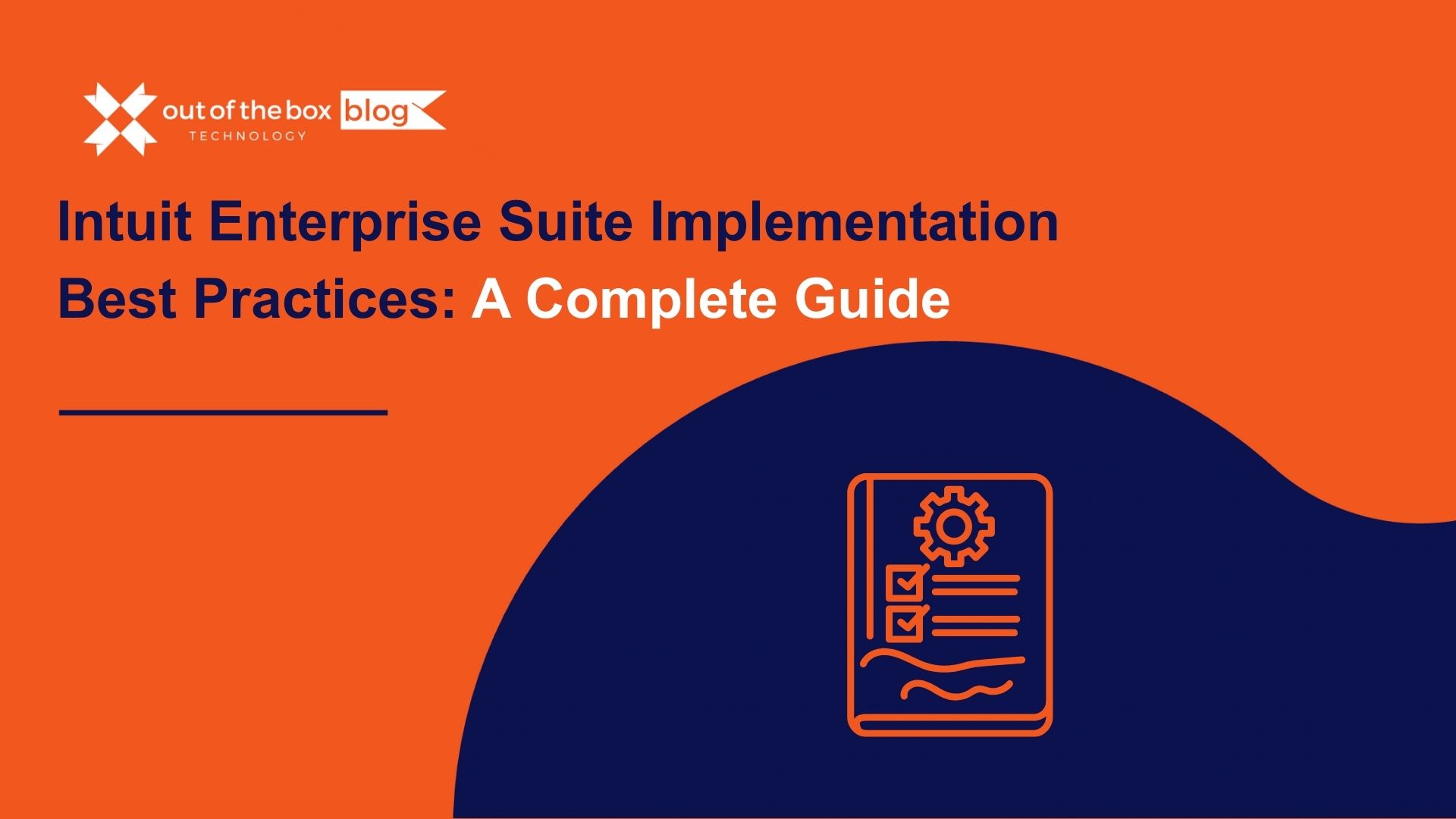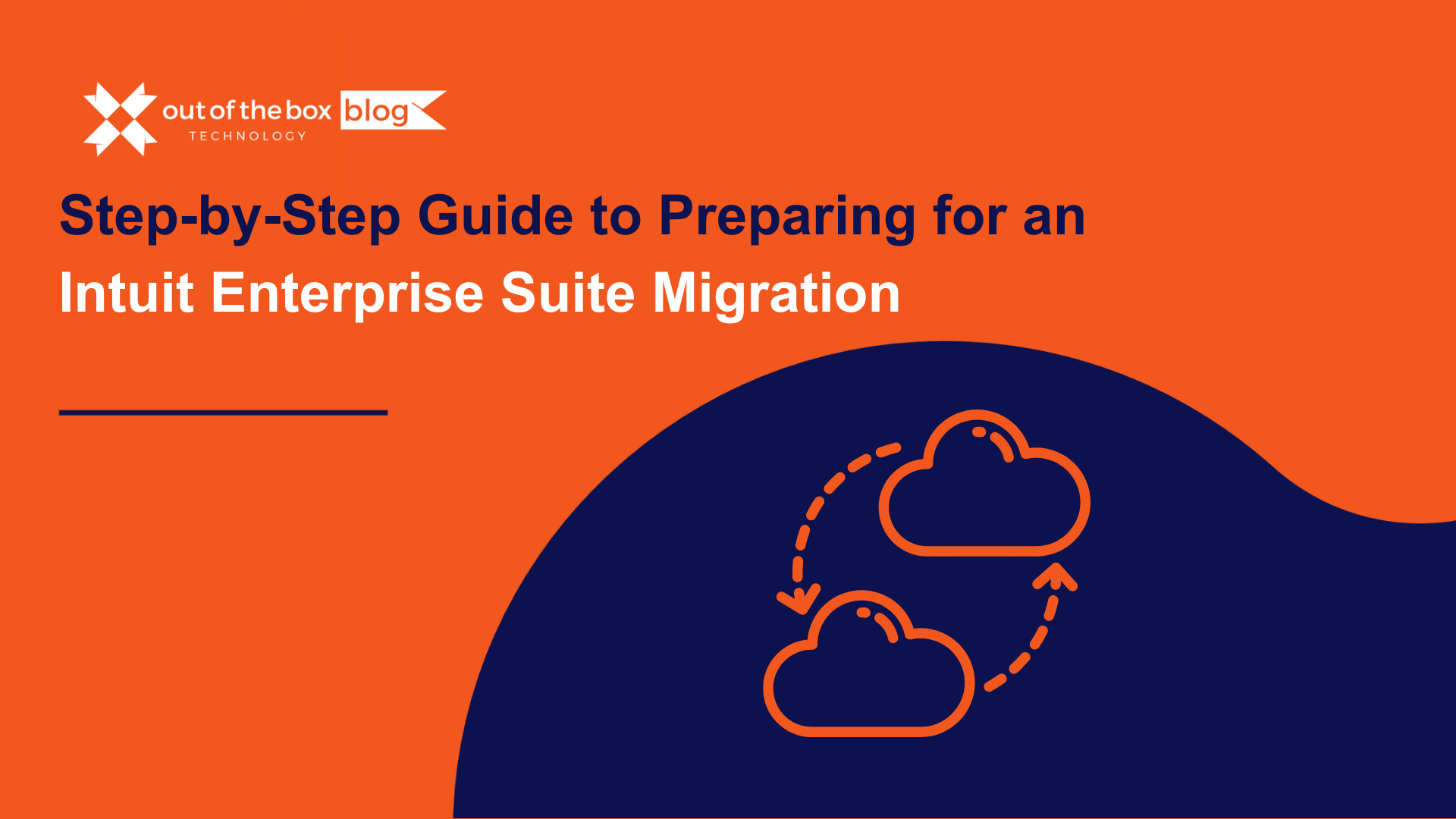Introduction
Bookkeeping is the backbone of small business financial management, but many owners make errors that can harm their operations. From misclassifying employees to not reconciling accounts, these mistakes can lead to cash flow problems, tax penalties, and more. Here, we outline 10 common bookkeeping mistakes and offer actionable solutions to help you avoid them.
1. Mixing Personal and Business Finances
Mixing personal and business transactions is a major mistake for small business owners. It leads to confusion, complicates tax filings, and can trigger audits.
How to Avoid It
Always keep separate bank accounts and credit cards for personal and business use. By clearly dividing your transactions, you’ll streamline tax reporting and make it easier to track your business’s financial health(Bench Accounting )(Entrepreneur Books).
2. Failing to Reconcile Accounts Regularly
Bank reconciliation ensures your business records align with your bank statements. Ignoring this task can result in missed transactions, overdrafts, and accounting errors.
How to Avoid It
Set aside time each month to reconcile your accounts. Tools like QuickBooks and Xero automate part of the process, ensuring your books match bank records(Entrepreneur Books)(CFO2U).
3. Not Tracking Reimbursable Expenses
Many small businesses fail to track reimbursable expenses, missing out on potential tax deductions.
How to Avoid It
Use expense tracking apps like Expensify to log reimbursable expenses as they happen. This ensures you don’t overlook any potential savings come tax season(SCORE)(CFO2U).
4. Misclassifying Employees
Misclassifying employees as contractors or vice versa can lead to serious tax penalties and legal issues.
How to Avoid It
Understand IRS guidelines for classifying workers correctly. A CPA or bookkeeper can help ensure that your employee classifications are accurate, reducing risk(SCORE)(CFO2U).
5. Failing to Save Receipts
Not saving receipts, particularly for smaller purchases, can lead to disallowed deductions during an audit.
How to Avoid It
Digitally store all receipts using tools like Google Drive or QuickBooks. Keeping digital records not only helps you stay organized but also ensures compliance during audits(Bench Accounting)(Entrepreneur Books).
6. Mis-categorizing Expenses
Improperly categorizing expenses leads to inaccurate financial reports, complicating your tax filings and decision-making process.
How to Avoid It
Create a clear chart of accounts with guidance from a bookkeeper. Consistently categorize expenses to maintain accurate records(CFO2U)(SCORE).
7. Overlooking Sales Tax Compliance
Failing to collect, report, or pay sales tax correctly can result in significant penalties, especially for eCommerce businesses operating across multiple states.
How to Avoid It
Use tax compliance software or work with a professional to stay on top of sales tax obligations. This ensures you collect and remit the correct amount of tax(CFO2U).
8. Ignoring Tax Deadlines
Missing tax deadlines results in fines and penalties, which can be easily avoided with proper planning.
How to Avoid It
Create a tax calendar and set reminders for key filing dates. Work with a CPA to ensure you stay compliant and avoid late fees(Entrepreneur Books)(CFO2U).
9. Relying Too Heavily on Software
While accounting software can automate tasks, relying solely on it without manual reviews can lead to missed errors.
How to Avoid It
Perform regular audits of your financial reports to catch any discrepancies. Having a professional review your reports adds an extra layer of security(CFO2U).
10. Procrastinating on Bookkeeping
Delaying bookkeeping tasks leads to compounded errors, overwhelming your workload at year-end.
How to Avoid It
Set aside time each week to handle bookkeeping tasks. Using tools with reminders, such as QuickBooks, can help you stay on track(CFO2U).
Quick Takeaways
- Separate business and personal finances for clearer records and easier tax filings.
- Reconcile accounts monthly to prevent errors and fraud.
- Track all reimbursable expenses to maximize deductions.
- Regularly categorize expenses correctly to avoid misleading financial reports.
- Stay compliant with tax and sales tax deadlines to avoid fines.
Conclusion
Bookkeeping mistakes can hurt small businesses financially, but with proper practices, they can be avoided. Whether you’re reconciling your accounts, categorizing expenses, or tracking reimbursable costs, following these tips will help you maintain accurate financial records and avoid penalties. If you’re overwhelmed, consider hiring a professional to help manage your books and ensure long-term financial health.
FAQs
- Why is it important to keep business and personal finances separate?
- It simplifies tax filing and protects your business during audits.
- How often should I reconcile my bank accounts?
- Reconcile accounts monthly to catch errors early.
- What’s the risk of not tracking reimbursable expenses?
- You could miss out on valuable tax deductions.
- What is the consequence of misclassifying employees?
- Misclassification can lead to legal issues and tax penalties.
- How can I avoid missing tax deadlines?
- Set up a tax calendar with reminders for important filing dates.
Meet with a QuickBooks service expert today!
Schedule a complimentary QuickBooks service consultation to find out how our professional bookkeeping services can help you avoid all of these common bookkeeping mistakes.




